Community Pharmacy Innovation in Quality (CPIQ) Awards
Previous CPIQ Award recipients are profiled on this page. For information about the current award cycle, please visit the PQA Awards Program page.
Individual Award
Working in a pharmacy that is physically integrated into the clinic setting, Sundararaman has been an innovative leader in developing strategies to build personal relationships with physicians, nurses and patients, while ensuring access to the right pharmacy services at the right time. Through face-to-face consultations, action plans and pharmacist-provided care, performance-based quality metrics for medication adherence, hospital admissions and hospital readmission rates have continued to exceed benchmarks and improve in his pharmacy. Always focused on patients, Sundararaman achieved a Net Promoter Score of 95, reflecting his patients’ satisfaction and willingness to recommend him.
2019 – Lindsey Valenzuela, PharmD, APh, BCACP, Administrator of Population Health and Prescription Management, Desert Oasis Healthcare Valenzuela and her team of 24 pharmacists, three pharmacy residents and many technicians support thousands of patients, most of whom are living with multiple, complex chronic conditions and multiple medication therapies. Valenzuela has implemented an innovative, pharmacist-led personalized care model that provides medication therapy management services and structured care plans to manage disease. As part of this effort, she has pioneered the implementation of digital medicines, which feature FDA-approved ingestible sensors that help her team improve patient care.
Trapskin was recognized for her contributions to the Wisconsin Pharmacy Quality Collaborative (WPQC), a quality and service payment initiative. Launched in 2007, the WPQC is a sustainable program providing expanded pharmacy services that are reimbursed by payors. Wisconsin Medicaid wishes to expand this cost-effective program.
Pharmacy Award
Kroger has made innovation a core focus of its work to improve the health of its employees and customers. For more than a decade, Kroger has implemented innovative programs for medication adherence, medication therapy management, health coaching, transitions of care, and nutrition. Kroger’s community partnerships focused on interdisciplinary care and coaching for diabetes have had a positive impact on patients’ average level of blood sugar and other biomarkers critical to good health. To expand and scale successful programs, Kroger launched in 2018 a novel training program for its pharmacists and technicians to drive consistent, high-quality care.
Pharmacy Award
Towncrest Pharmacy was recognized for its total transformation from a traditional dispensing pharmacy to a practice focused on patient therapeutic outcomes through medication optimization services and collaboration with other care providers. This was accomplished by enhancing the role of technicians, adopting automation, implementing medication synchronization, freeing up the pharmacists to provide patient care services, and creating an efficient and effective documentation system.
Charitable Pharmacy of Central Ohio was recognized for its collaborative and innovative model providing comprehensive pharmacy services for vulnerable patients who may otherwise lack access to essential prescription medications. The Charitable Pharmacy of Central Ohio demonstrated success in medication optimization, using a longitudinal model that allows for continuity of patient care.
|

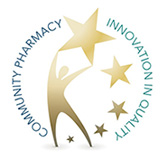 The
The  2020 – Vikram Sundararaman, PharmD, MBA, Clinical Pharmacy Site Manager, Genoa Healthcare
2020 – Vikram Sundararaman, PharmD, MBA, Clinical Pharmacy Site Manager, Genoa Healthcare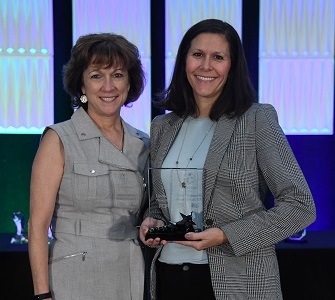
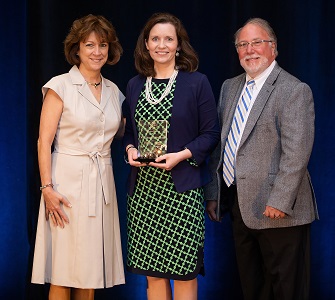 2018 – Kari Trapskin, PharmD, Vice President, Health Care Quality Initiatives, Pharmacy Society of Wisconsin
2018 – Kari Trapskin, PharmD, Vice President, Health Care Quality Initiatives, Pharmacy Society of Wisconsin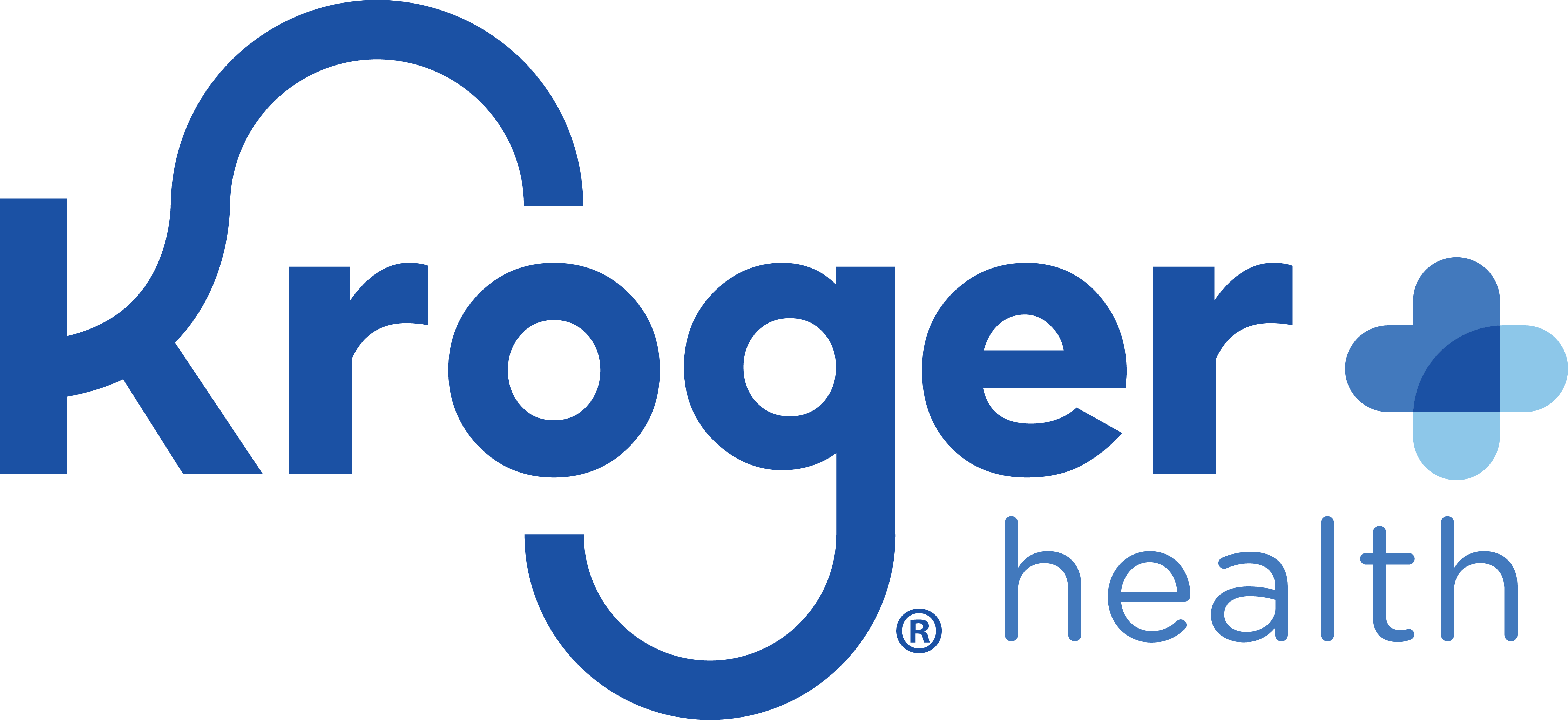 2020 – The Kroger Company
2020 – The Kroger Company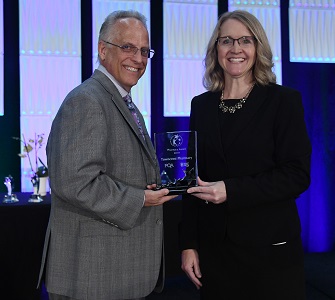 2019 – Towncrest Pharmacy of Iowa
2019 – Towncrest Pharmacy of Iowa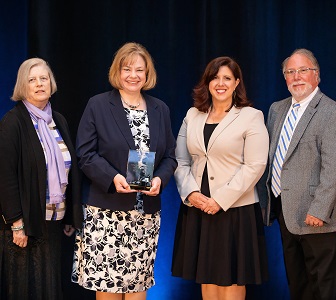 2018 – Charitable
2018 – Charitable